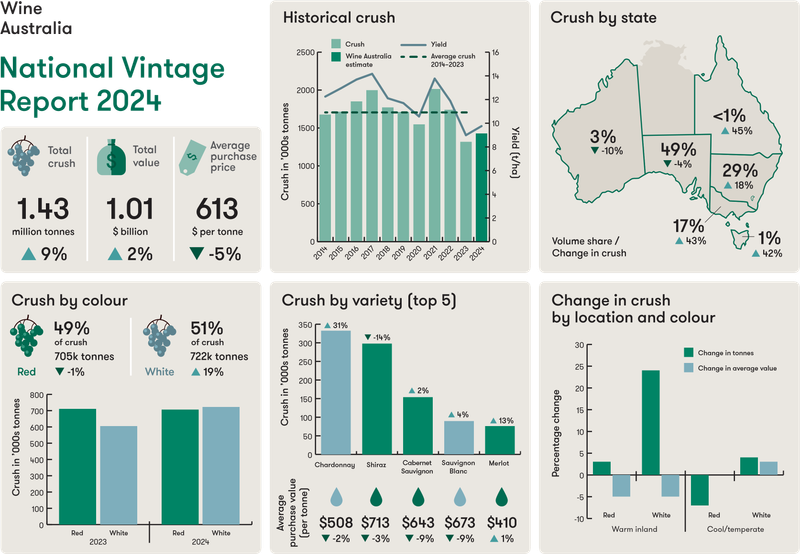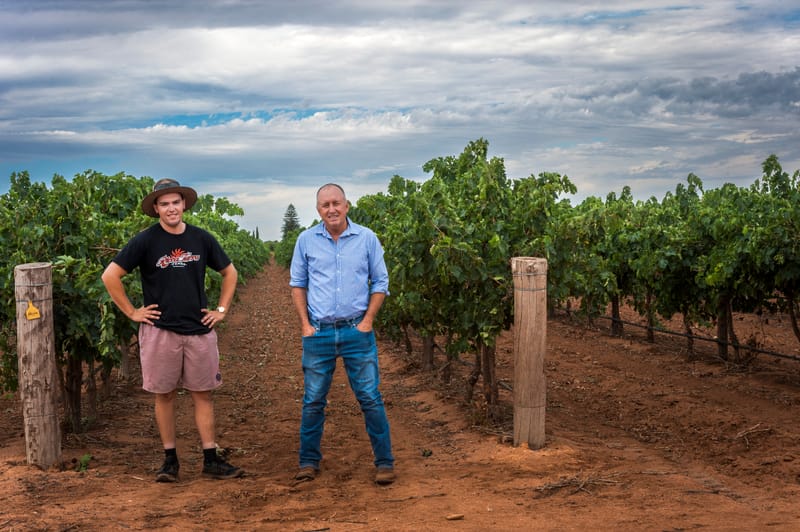Sustainability serving Angove just vine
IN a field where mass production is king, one Riverland winemaker has gone down an alternative route and has been reaping the rewards on multiple fronts. Angove Family Winemakers’ Riverland cellar door sits just off the Sturt Highway in Renmark...
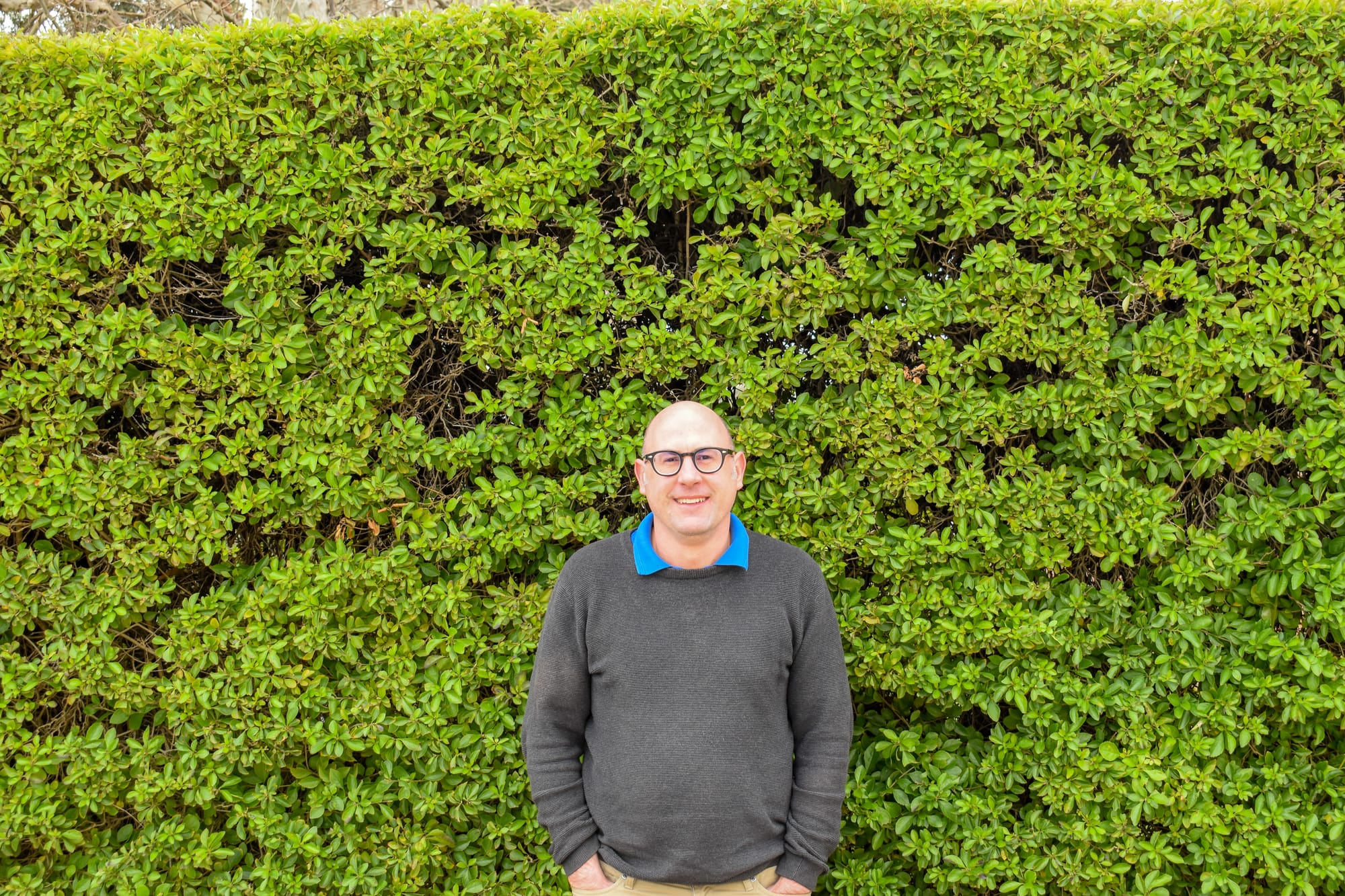
IN a field where mass production is king, one Riverland winemaker has gone down an alternative route and has been reaping the rewards on multiple fronts.
Angove Family Winemakers’ Riverland cellar door sits just off the Sturt Highway in Renmark South and is home to a large number of employees, one of whom is Renmark local Paul Kernich (pictured).
Mr Kernich is a senior winemaker with Angove and has overseen plenty of change in his time with the fifth-generation family-owned company, including a shift towards the production of organic wine in the name of both sustainability and profitability.
The shift means the company has zigged where others have zagged, opting against going down the mass-production, low-price route.
“We have been on a path to convert our vineyards to organic production for a long time now,” he said.
In organic production we don’t use any synthetic pesticides, herbicides or fertilisers, and it assists in vineyard biodiversity and tends to leave the soil in better shape than when you start the process.
“The vines tend to be lower yielding, better quality and also have better resilience in trickier growing years.
“Organic wine also commands a better price point than conventional wine and that helps sustain our business.”
The decision to produce higher-priced organic wine has been profitable for Angove, but is not the only way the company has been able to offset its environmental impact.
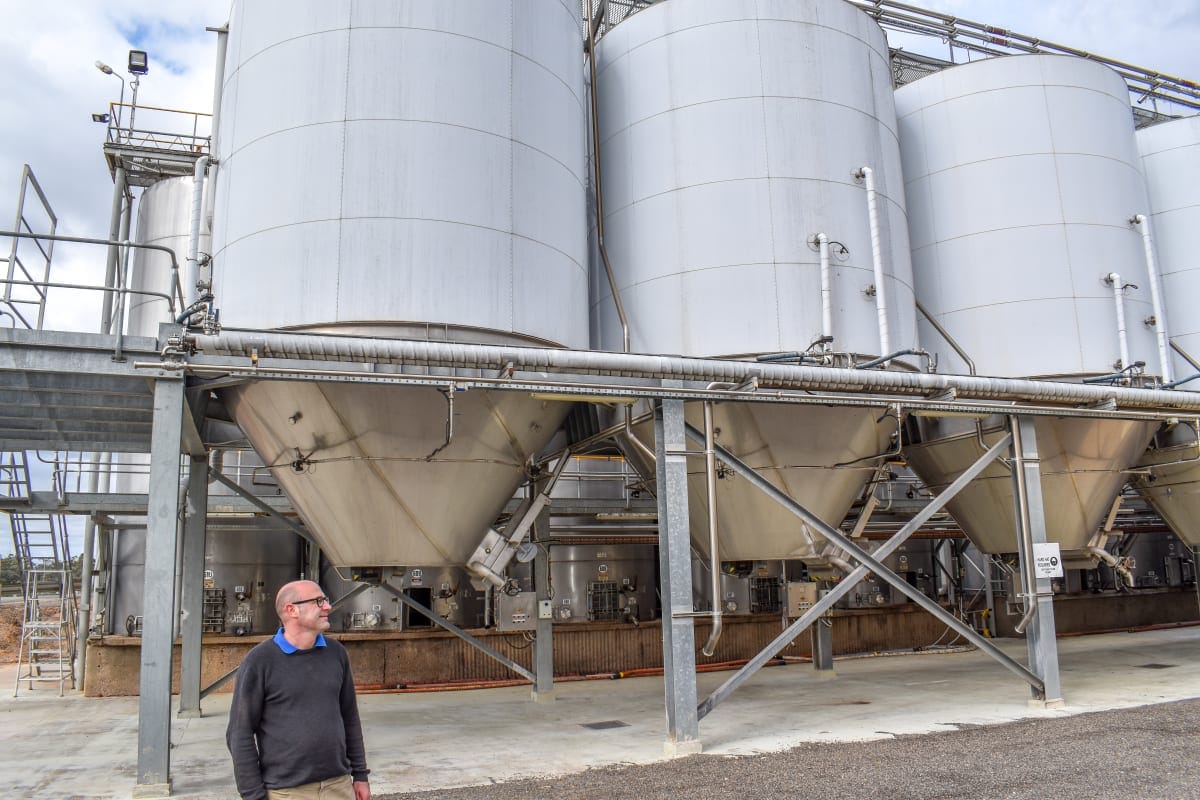
Mr Kernich detailed a number of changes the company has made to how it works behind the scenes, from impressively engineered equipment to avoiding paper usage.
He and the company believe that producing goods in an environmentally-friendly manner coming at a higher price is a common misconception.
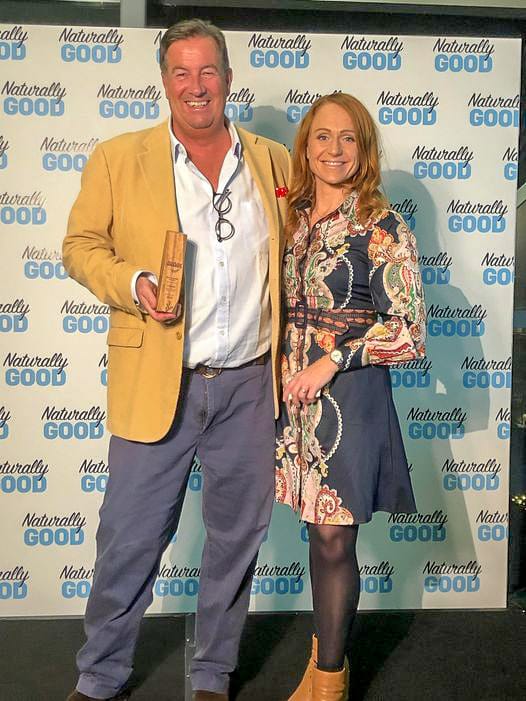
“When you are looking to change or update a process, if you keep sustainability in mind often a solution will arise that is as effective and more energy efficient,” he said.
“For example, when we looked at cooling in the warehouse, we took advantage of the cool nights that we tend to have here in the Riverland.
“To cool that area, it was a case of having a sensor and a fan to operate when the temperature is cooler outside. It is cheaper to install and run than air conditioning, but does an excellent job.
When we built our barrel shed to house our premium wines, we chose to put in a series of modern evaporative air conditioners to cool it rather than traditional refrigerative cooling and a humidifier.
“Generally in the Riverland we have low humidity, so good, modern evaporative systems are effective at cooling and the energy usage is much less than running compressors.”
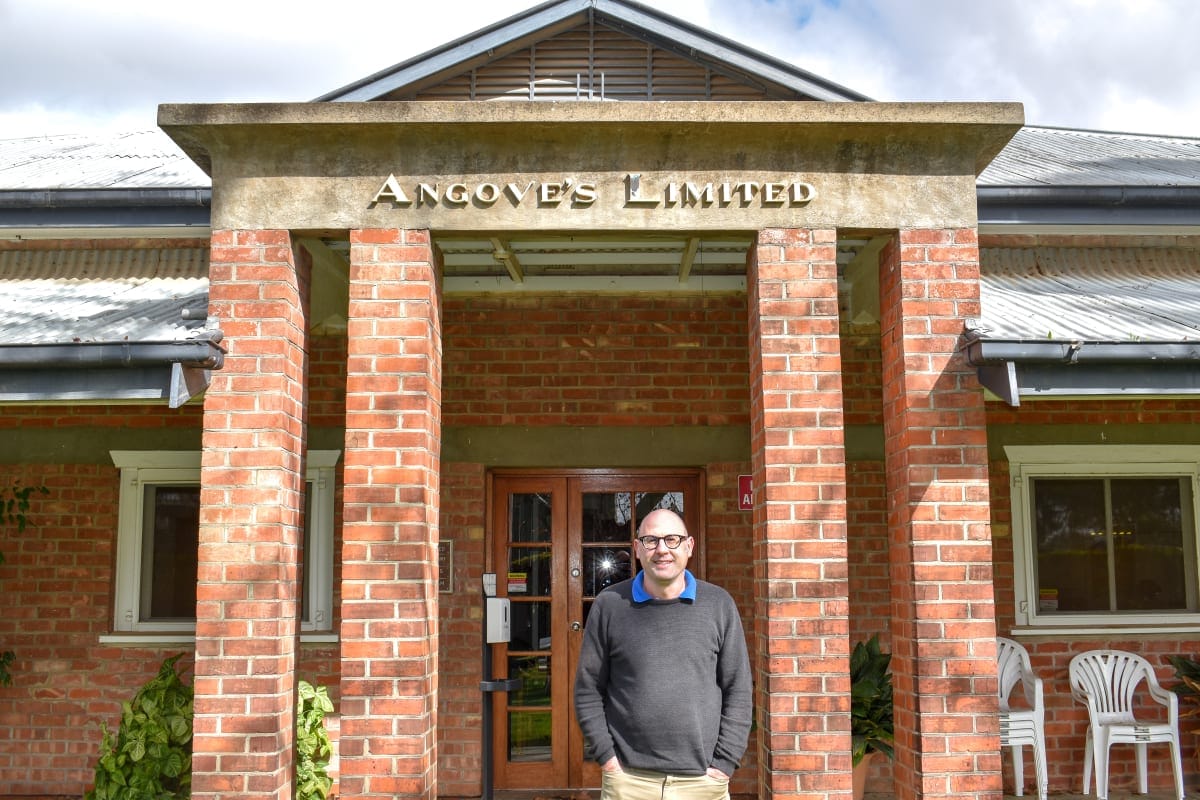
Away from the vines, the company has added whiskey to its repertoire, along with its already successful range of brandy.
But, for Mr Kernich, the next few months represent a chance to continue working on new things in the wine sphere, while also having a look at what the competition has to offer.
“The Riverland Wine show is coming up in September, where all the local producers have their wines compared and critiqued by experienced wine show judges from around the country,” he said.
“It is run by local volunteers, myself included, and it is great to see the wines our competitors have been making.
“I’m also looking forward to doing some show judging myself, at the Limestone Coast wine show in October.
“This year I have also been playing with a grape variety I haven’t had much to do with in the past; an Italian variety called nebbiolo, and I am enjoying watching it evolve in-barrel, still on grape skins.”



